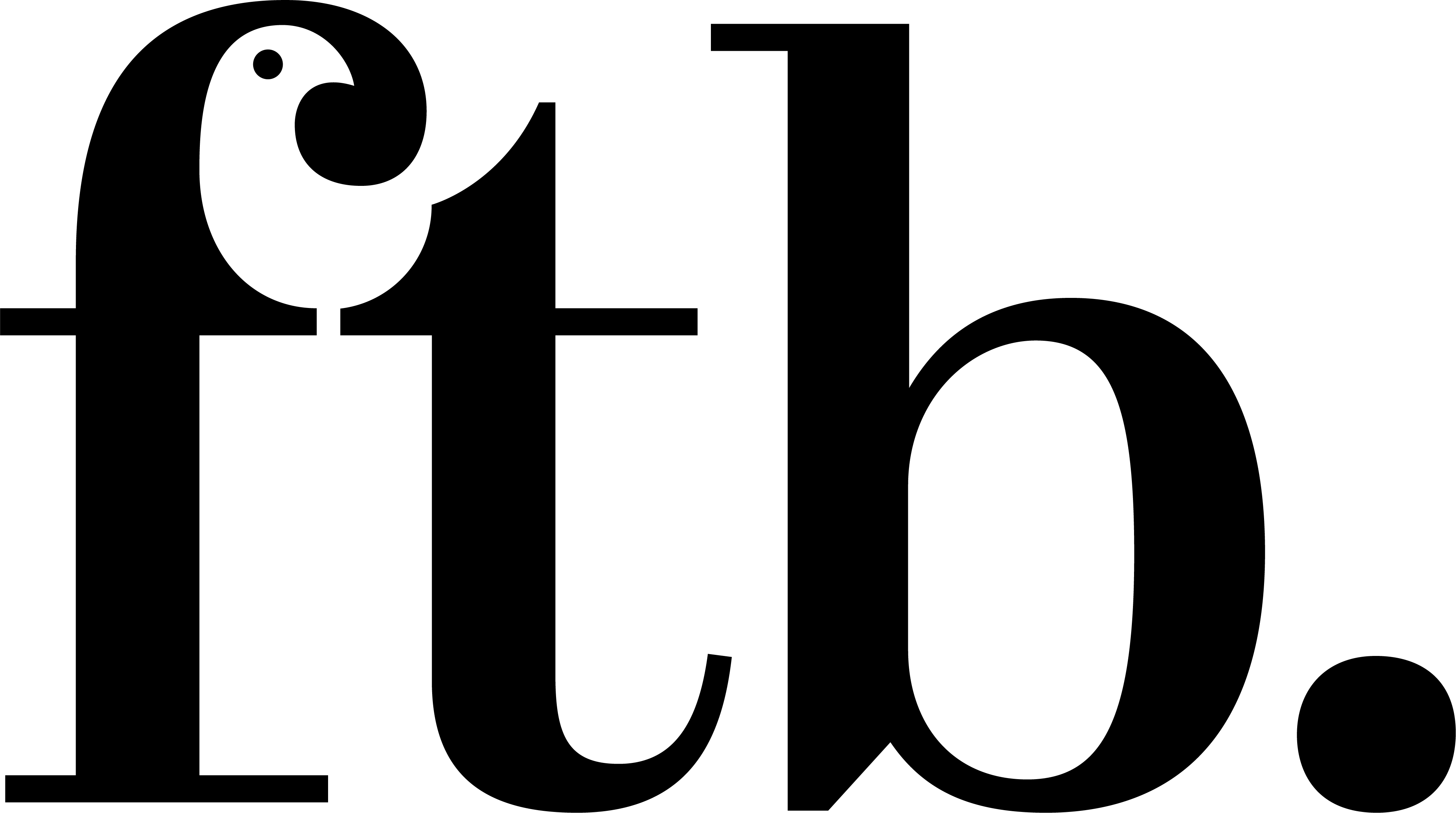Beautiful Thinking.

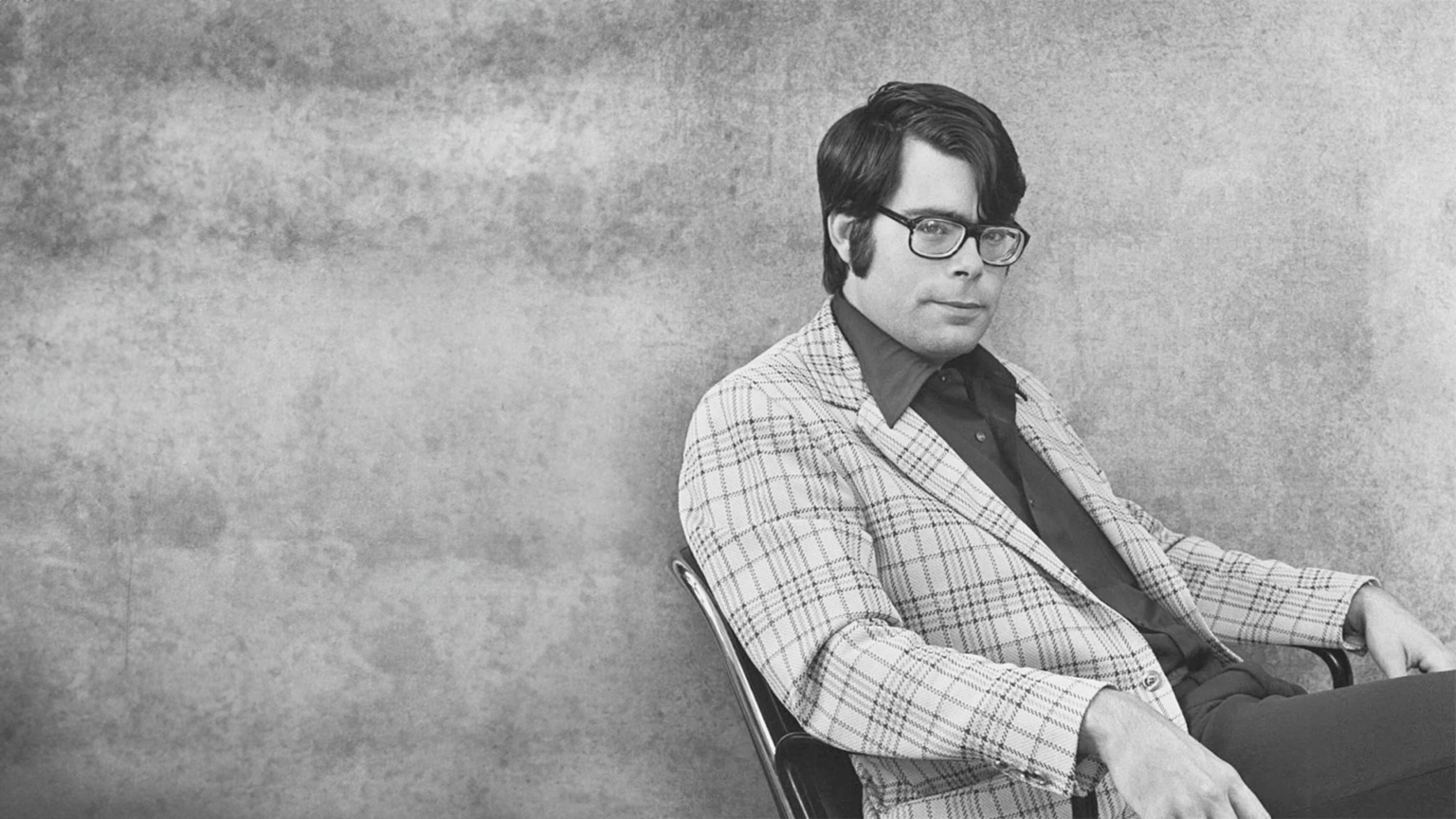
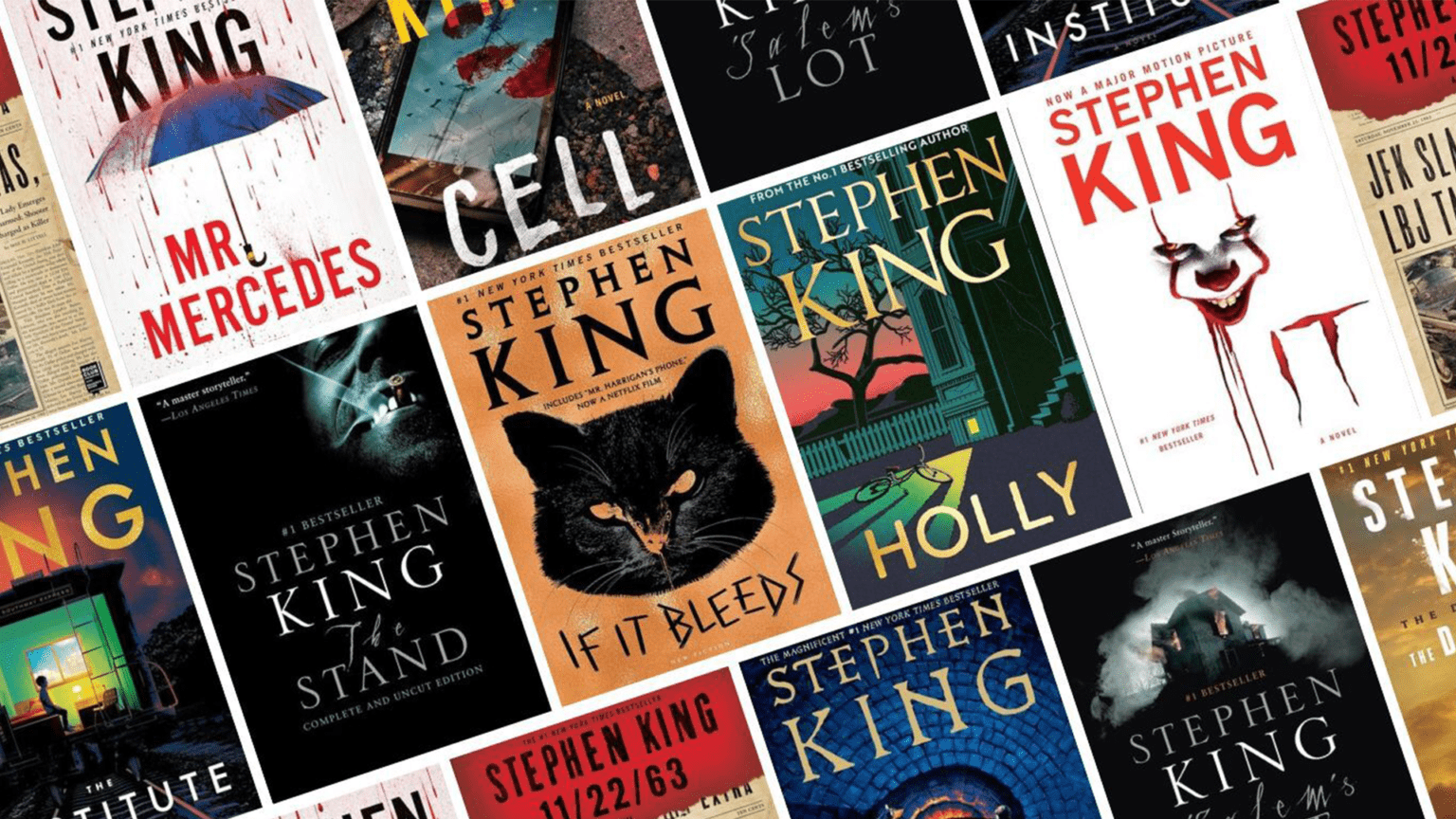


In the 50 years since his first novel was published – Carrie – King has been responsible for some of the most celebrated works to be unleashed upon the world. He has inspired millions who have sought to emulate his success in bringing to life stories which readers can truly lose themselves in. One such fan is our new Head of Finance, Emma Tilbury-Allen.
Something which has secured Emma as a lifelong fan of this famed author is his ability to weave a subtle, underlying narrative to every one of his stories. Whilst they may not be what one would typically associate with Beautiful Thinking – our motto and way of life here at Free The Birds – it is exactly this way of thinking that encapsulates what beautiful thinking truly means – a depth and intricacy of thought that moves you, and is truly memorable.
When diving into King’s background and how his career has evolved over decades, it is clear that this underlying narrative is often sparked by his own life challenges. The intricate Stephen King universe is one which is often influenced by and true to his own life’s experiences, from his time writing under the pseudonym, Richard Bachman, to his struggles in drug and alcohol addiction. He famously described one of his most memorable characters – Annie Wilkes of Misery – as being the literal embodiment of cocaine.
It is also the sheer scale of King’s imagination which has consistently captivated fans such as Emma, something which King himself has spoken of as an almost overwhelming process, a desperate need to take these ideas from his mind and apply them to paper.
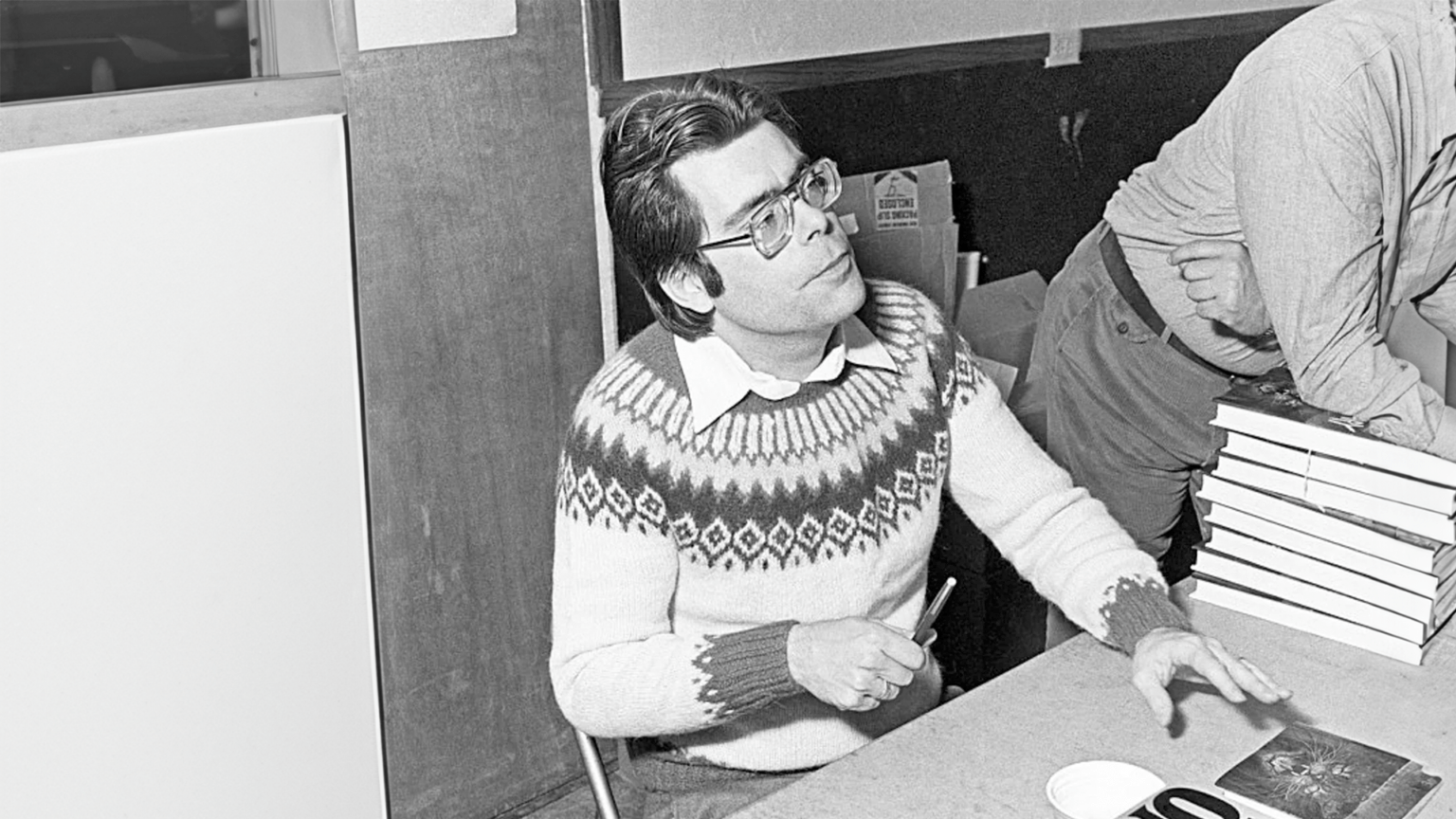
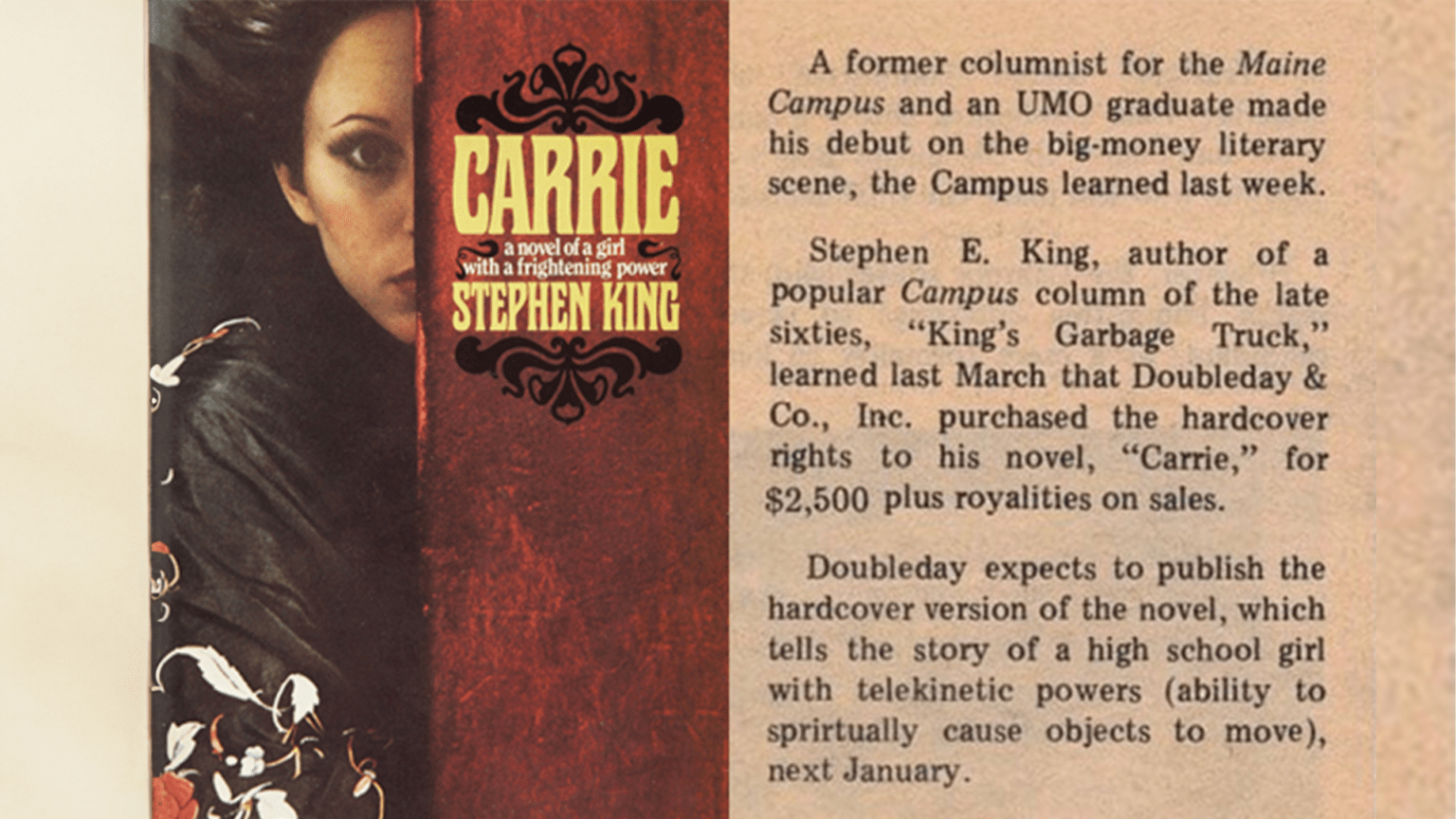


The process through which he brings his stories to life is fascinating when King speaks of how he helps readers build a connection with the key characters of his stories – be it protagonist or antagonist. During previous interviews, he has spoken of his mission to build intricate lives of multiple characters, utilising various viewpoints and lived experiences to create a sense of interconnectivity in the King universe. Brilliant examples include It and Salem’s Lot, another two of King’s biggest success stories.
As he has also previously shared – you aren’t going to be afraid for the characters or feel a sense of terror unless you are invested in their lives, and ultimately their fate. The detail which he applies to this network of characters ensures that the author sympathises with their journey, their destiny, often a part of a larger force at work which is teased and leaves the reader pondering the bigger picture to be uncovered and understood. It is this which secured Stephen King as Emma’s favourite author.
When speaking of dedicated fans, it would be remiss not to touch on the commitment Stephen’s wife Tabitha has shown him throughout his career and life. After meeting at a writing workshop held by his professor and mentor at the University of Maine, Stephen fell in love with Tabitha. She swiftly became his biggest champion and cheerleader. A gifted author in her own right, Tabitha urged King to use his time to write, alongside his teaching position at private Maine high school, Hampden Academy. She herself worked at a Dunkin’ Donuts, whilst King also moonlit at a gas station and as a janitor in a bid to continue to support their young family.
When not teaching or working, King spent his time writing on Tabitha’s college typewriter. After facing what felt like countless setbacks, with only small amounts of income coming in for the family from short stories he shared with publications such as Playboy and Penthouse, King was offered a more senior teaching role at Hampden. When his young wife asked him if this would take away time from his writing, he turned the role down.
King’s short story submissions to the most popular men’s magazines of the age reportedly led one reader to taunt his ability to write about women,
Utilising his experience as a school janitor and girls he knew from his own school days, combined with a LIFE feature on telekinesis, the early idea was formed. However King swiftly found himself frustrated at what he recognised as a lack of understanding in what it means to be a young woman, and as such, he threw away his early drafts.
It was Tabitha retrieving these pages from the rubbish bin, sharing her view that Stephen was truly on to something special, alongside her guidance on womanhood, which supported King in completing this venerated novel. Albeit one which did not show initial signs of success – it was rejected by 30 publishers. Upon being picked up by Doubleday Publishing in 1974, King received his biggest advance yet for his work, $2,500. When the paperback publishing rights were bought by Signet books in 1975, King was awarded $200,000, and his family’s life truly changed for the better.
Carrie paved the way for greater and greater success. Paperback sales were further bolstered by the 1976 movie adaptation. King’s ability to dedicate himself to his writing led to the publishing of his next six novels, Salem’s Lot, The Shining, Rage, The Stand, The Long Walk, and The Dead Zone. King was named the world’s best-selling author by 1980.
This success would however lead to years of tribulations for King, who fell into a spiral of alcoholism and an addiction to oxycontin (following a serious accident in 1999, when he was hit by a truck), amongst other drugs. During previous interviews King has described himself as being able to function relatively well during this difficult period – however it showed in his work and cracks soon formed.


Dedicating one’s life to horror, mixed with both the physical and mental pressures which came with Stephen King’s personal struggles, would lead many to assume that the darkness in which his work is entrenched is a sign of his view of the world.
However it is his enduringly positive view of the world which has surely kept his army of fans captivated for decades. When discussing Stephen’s work with Emma, she touched on the joy she finds in uncovering the lessons at work within his novels, the beauty in his deeply empathetic imagination reminding her of childhood fables – even when things seem dark, there is light to be discovered.
